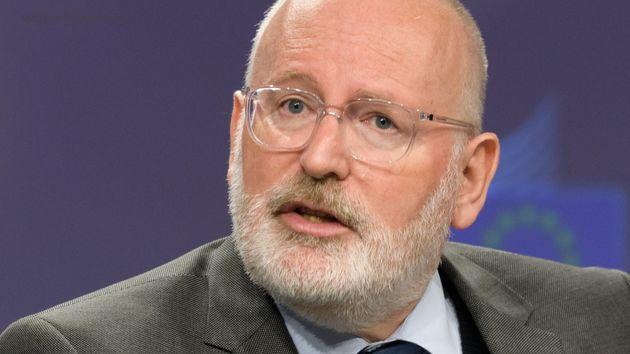On July 14, the European Commission proposed a historic package of climate measures to bring EU regulation in line with the new EU target of 55% reduction in CO2 emissions by 2030. The proposals affect all sectors (industry, transport, energy, shipping, aviation) and form an important first step in making the continent climate neutral by 2050.
Frans Timmermans
About 7 of the 12 proposals presented are relevant to PoR. We welcome the extension of the European emission trading system (ETS) to shipping as it allows the maritime sector to contribute to the European climate goals.
Elaboration of the proposals
A lot will depend on the final shape and implementation of the proposals. This applies not only to the ETS, where the revenues should be earmarked and flow back into the maritime sector according to the port but also to the obligations for both ports and shipowners to invest in on-shore power (OPS). As long as alternative fuels with equivalent effects as onshore power are also allowed and lock-in of OPS is avoided, this measure can lead to significant emission reduction in ports.
Hydrogen
The Port Rotterdam Authority welcomes the proposals aimed at stimulating hydrogen in both industries (as a raw material) and in transport (as a fuel). These incentives are necessary to bridge the price difference of fossil fuels and feedstocks with greener alternatives and directly improve the business case of many of our hydrogen projects.















